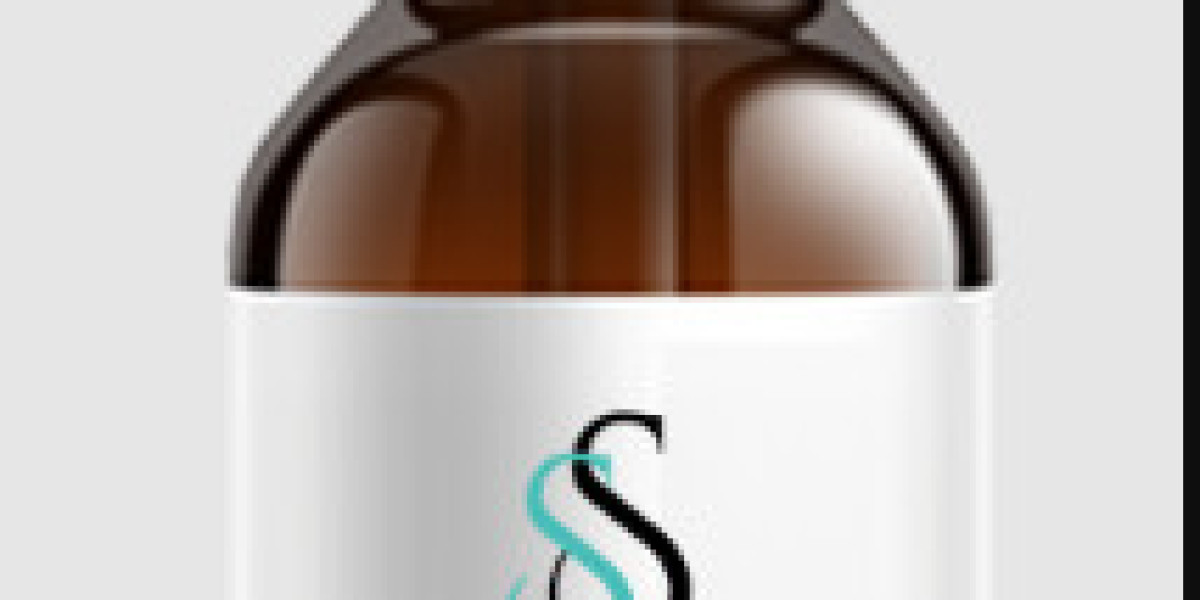Introduction
Chemical peels are a popular and effective way to rejuvenate the skin, address various skin concerns, and achieve a smoother, more youthful complexion. In Oman, where the climate can be harsh with intense sun exposure and dry conditions, choosing the right chemical peel is essential for maintaining healthy skin. However, selecting the best peel for your skin type requires a good understanding of the different types of peels, their benefits, and how they work. This article will guide you through the process of choosing the Best Chemical Peels in Oman for your skin.
What Are Chemical Peels?
A chemical peel is a skin treatment that involves applying a chemical solution to the skin to exfoliate its outer layers. This process helps to improve the texture, tone, and appearance of the skin by removing dead skin cells, stimulating collagen production, and promoting cell turnover. Chemical peels can be used to treat various skin concerns such as acne scars, hyperpigmentation, fine lines, and sun damage.
There are three primary types of chemical peels:
Superficial Peels: These are the mildest and target the outermost layer of the skin (epidermis). They are used for minor skin concerns like acne, dryness, and dullness.
Medium Peels: These penetrate deeper into the skin and are used for more noticeable skin issues like sun damage, moderate pigmentation, and fine lines.
Deep Peels: The most intense form of chemical peel, targeting the deeper layers of the skin. These are typically used for severe conditions like deep wrinkles and significant pigmentation.
Factors to Consider When Choosing a Chemical Peel in Oman
The climate and environmental factors in Oman, such as high temperatures, intense sunlight, and arid conditions, can affect how your skin responds to treatments. Therefore, selecting the right chemical peel involves considering the following factors:
1. Your Skin Type
Understanding your skin type is the first step in selecting the right peel. Skin can generally be categorized into:
- Normal skin: Balanced and not prone to excess dryness or oiliness.
- Oily skin: Produces excess oil and is prone to acne and enlarged pores.
- Dry skin: Lacks moisture and may appear flaky or rough.
- Sensitive skin: Reacts easily to products, causing irritation or redness.
- Combination skin: Exhibits both oily and dry areas on the face.
Superficial peels, such as glycolic acid, are generally well-suited for most skin types, while medium and deep peels may be more appropriate for individuals with specific concerns like acne scars or severe pigmentation.
2. The Climate and Environmental Factors
Oman's climate, characterized by hot summers and occasional humidity, can lead to skin damage from sun exposure. For people with sun-damaged skin, a peel with ingredients like trichloroacetic acid (TCA) may help fade pigmentation and stimulate collagen production.
If you have sensitive skin, it’s crucial to choose a peel that won’t exacerbate irritation, especially in such a sun-intense region. Lactic acid or enzyme peels may be gentler on the skin while still providing exfoliation.
3. Your Skin Concerns
Consider the primary skin concerns you want to address with a chemical peel. Different peels target different issues:
Acne and Acne Scars: Salicylic acid peels, a beta-hydroxy acid (BHA), are particularly effective for acne-prone skin. They help exfoliate the inside of pores and reduce the appearance of acne scars.
Sun Damage and Pigmentation: Peels with glycolic acid (an alpha-hydroxy acid or AHA) or TCA can help reduce sun spots, hyperpigmentation, and uneven skin tone caused by the intense Omani sun.
Fine Lines and Wrinkles: Medium-depth peels, including TCA or those with a higher concentration of glycolic acid, can improve the appearance of fine lines and wrinkles by stimulating collagen production.
Dull Skin: If you’re looking to brighten your complexion, superficial peels like fruit acid or mild glycolic acid peels can help refresh and exfoliate the skin, leaving it looking radiant.
4. Sensitivity to Sun Exposure
One of the most critical considerations when getting a chemical peel in Oman is sun exposure. The intense sun can worsen pigmentation problems and lead to further skin damage post-treatment. Most chemical peels, especially those that are medium and deep, can make your skin more sensitive to the sun. It’s essential to apply a high SPF sunscreen regularly after treatment to protect your skin from harmful UV rays.
5. Post-Treatment Care
Proper aftercare is crucial for the success of the peel and ensuring that your skin heals correctly. In Oman’s harsh environment, aftercare products, including moisturizers and sunscreen, are critical to preventing irritation and reducing the risk of further skin damage. Discuss the aftercare protocol with your practitioner to ensure it aligns with your lifestyle and daily routines.
How to Prepare for a Chemical Peel
Preparation for a chemical peel involves minimizing skin irritation and preparing the skin to respond positively to the treatment. The following steps should be considered:
Consultation with a Skincare Professional: Before undergoing a chemical peel, it’s important to have a consultation with a licensed dermatologist or skincare expert. They can assess your skin type, concerns, and recommend the best type of peel for your needs.
Avoid Sun Exposure: Try to avoid direct sun exposure for a few days before your treatment to reduce the risk of sunburn or irritation.
Discontinue Certain Skincare Products: In the days leading up to your chemical peel, stop using harsh skincare products like retinoids or exfoliating treatments to avoid over-sensitizing your skin.
Conclusion
Choosing the best chemical peel for your skin in Oman requires a thoughtful approach that considers your skin type, concerns, and the environmental factors that influence your skin’s health. Whether you are addressing acne scars, pigmentation, or simply looking for a radiant glow, selecting the right peel can have a significant impact on the effectiveness of the treatment. Always consult with a skincare professional to determine the most suitable option for you, and remember to follow post-treatment care instructions carefully to maintain the benefits of your peel. With the right treatment and proper care, you can enjoy healthier, smoother, and more vibrant skin despite the challenging climate.








